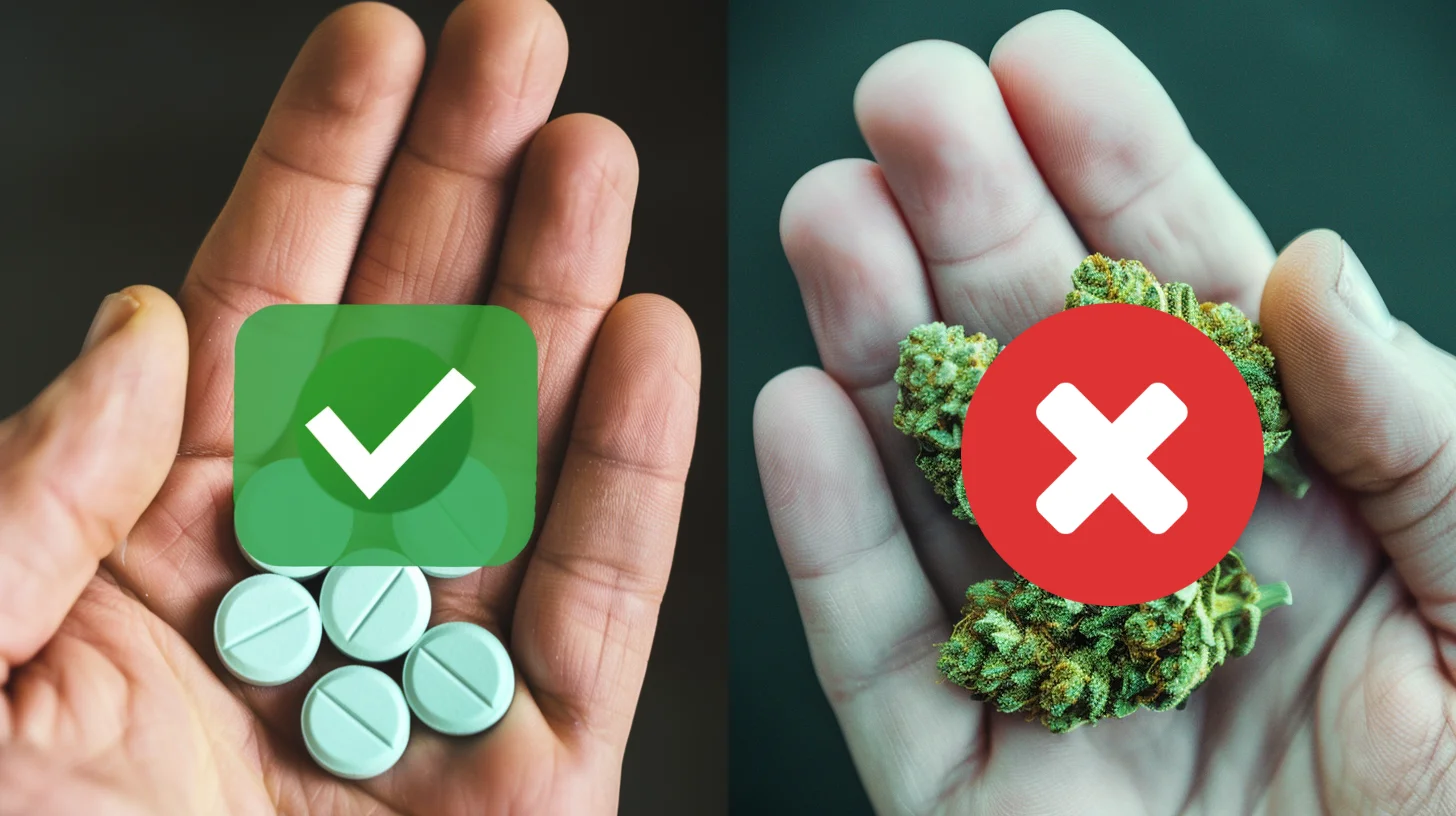- Why It Matters: The discrepancy in Thailand’s drug laws, treating methamphetamine possession more leniently than cannabis cultivation, highlights the complexities and contradictions within the legal framework.
- The Big Picture: This situation underscores the political maneuvering in drug policy, potentially compromising public health for political gain.
- Zoom In: A detailed look into the legal inconsistencies reveals a need for a more science-based and equitable approach to cannabis regulation.
In the recent debate swirling around Thailand’s drug policies, a glaring contradiction has come to light, raising eyebrows and sparking a broader discussion about the intersection of public health, law, and political strategy. At the heart of this debate is the stark difference in how the law treats individuals found with methamphetamine versus those cultivating even a single cannabis plant.
According to a controversial regulation by the Ministry of Public Health, possession of up to five methamphetamine pills is considered personal use, leading to treatment rather than imprisonment. This approach is not new; during Thaksin Shinawatra’s prime ministership, the threshold was as high as 15 pills. However, the current cannabis law, pushed forward by the Pheu Thai-led government, starkly contrasts this by criminalizing the cultivation of even a single cannabis plant without proper authorization.
This discrepancy has ignited accusations of political gameplay, with critics arguing that such policies devalue Thai pride and sovereignty while offering false hope to the populace. The debate was brought into sharp focus on “Sonti Talk,” where Sonti Limthongkul, a prominent media figure, criticized the inconsistency in these laws.
The issue is complex, with roots deeply entwined in Thailand’s socio-political landscape. The distinction made between “users” and “traffickers” aims to treat drug users as patients rather than criminals, a principle that should ideally apply across the board but falls short in the case of cannabis. This principle, however, is muddied by concerns of enforcement and potential corruption, raising fears that it might provide loopholes for abuse by law enforcement officials.
The discourse surrounding these laws is a microcosm of the broader challenges facing drug policy worldwide. It highlights the need for policies that are not only grounded in scientific evidence and public health principles but also free from political influence. The contrasting treatment of methamphetamine and cannabis users underlines a pressing need for Thailand to revisit and potentially reform its drug laws to ensure they are fair, consistent, and in the best interest of its citizens’ health and well-being.
Contributing Sources: Manager Online
